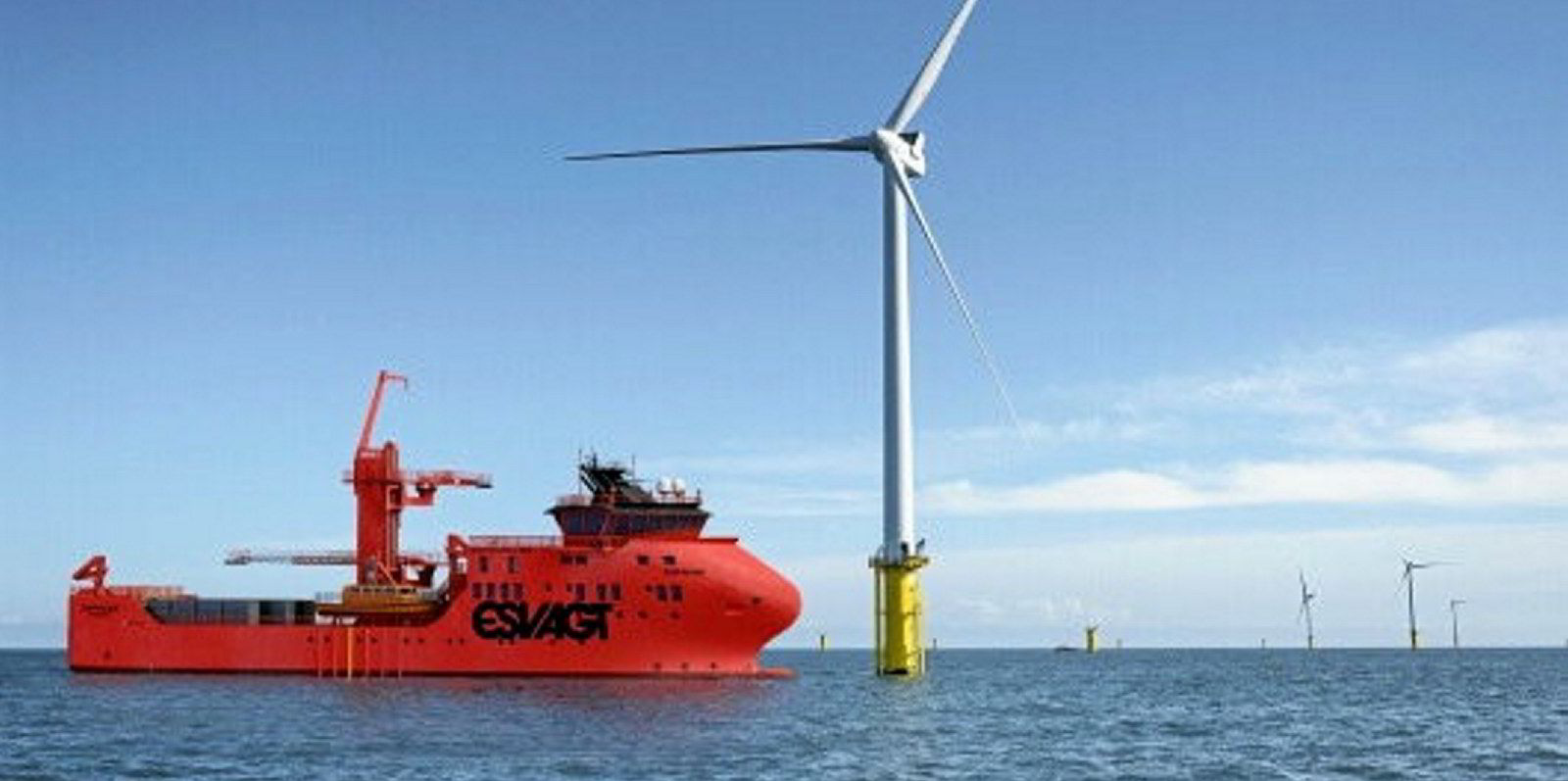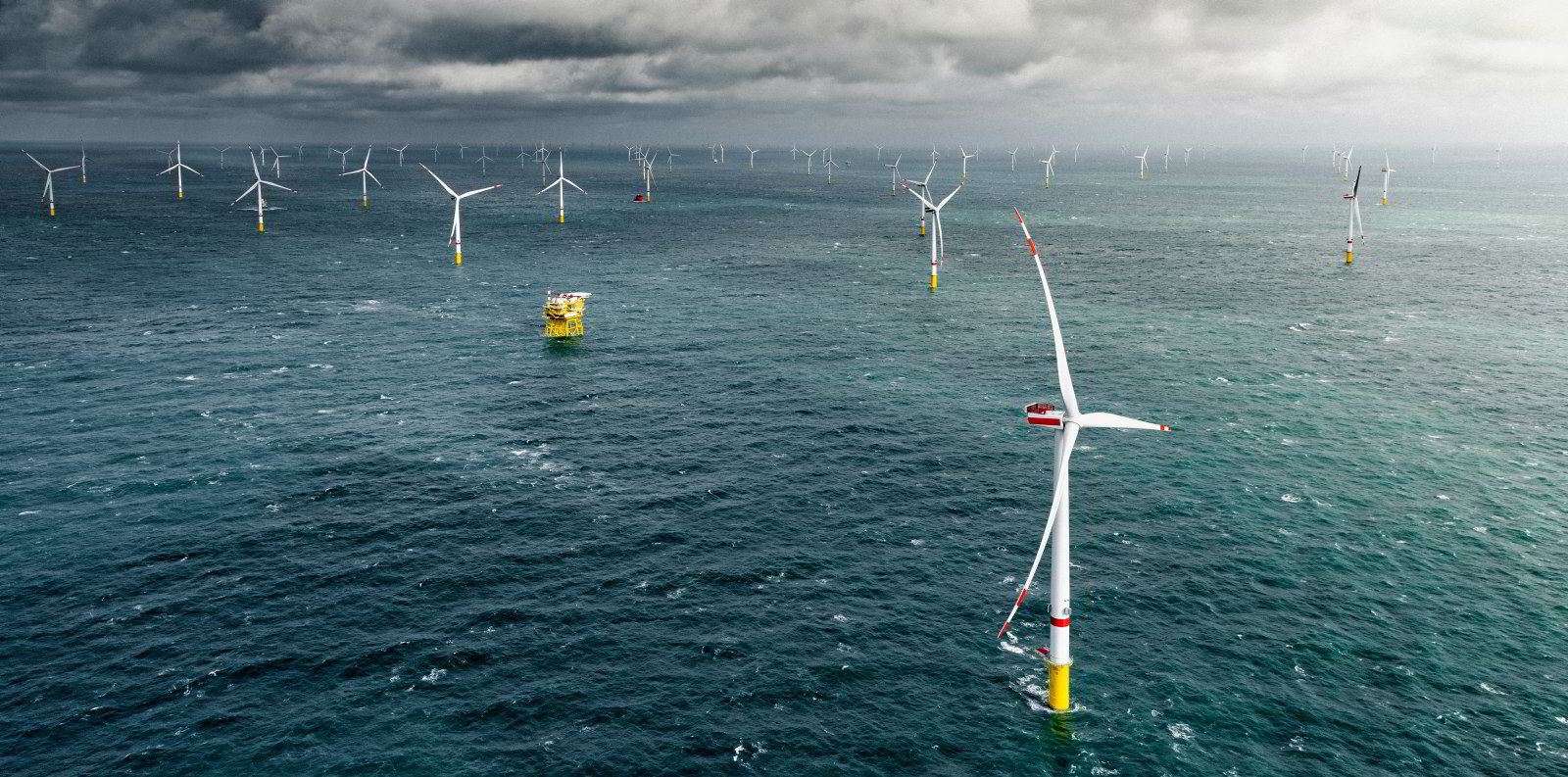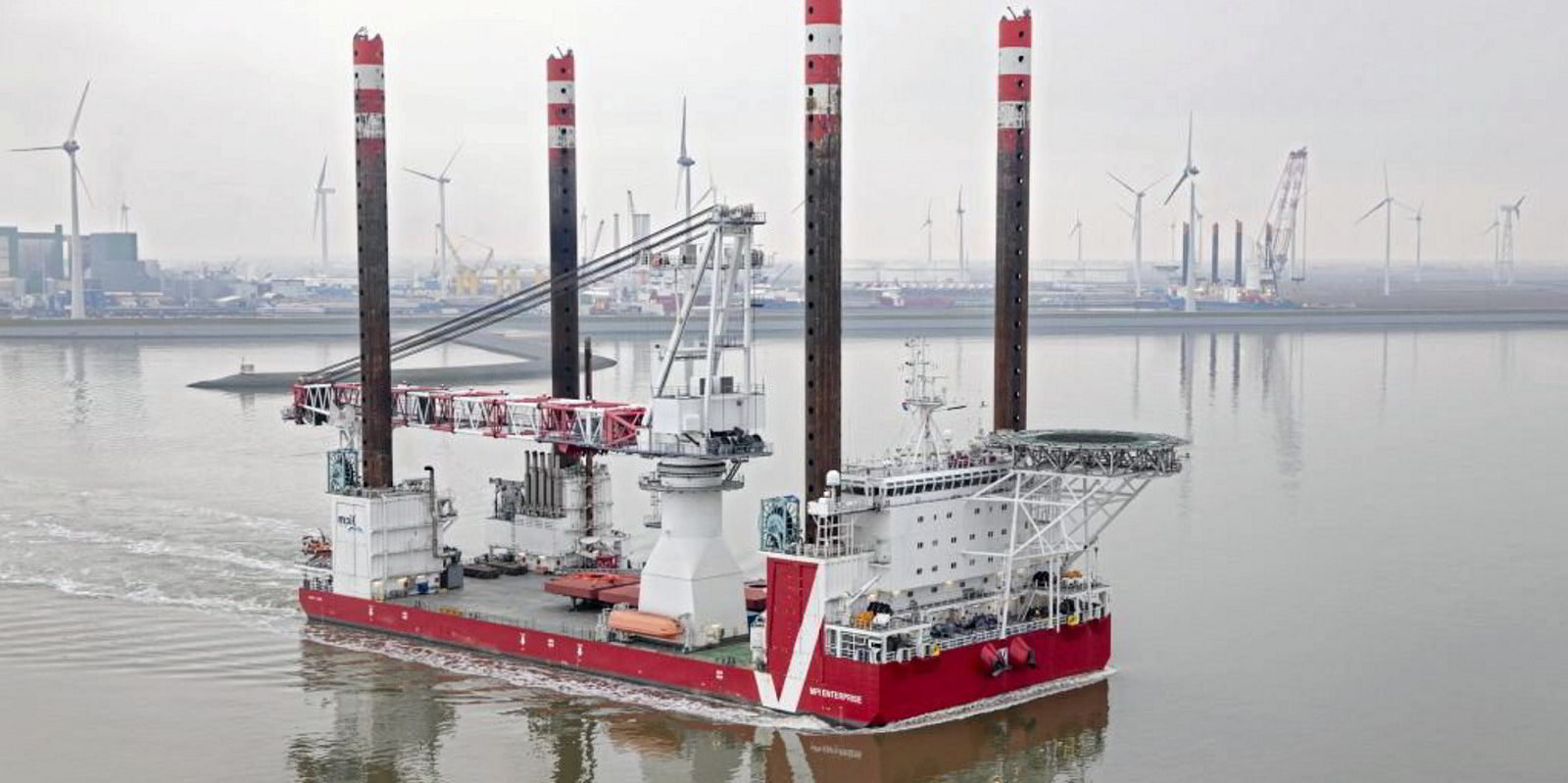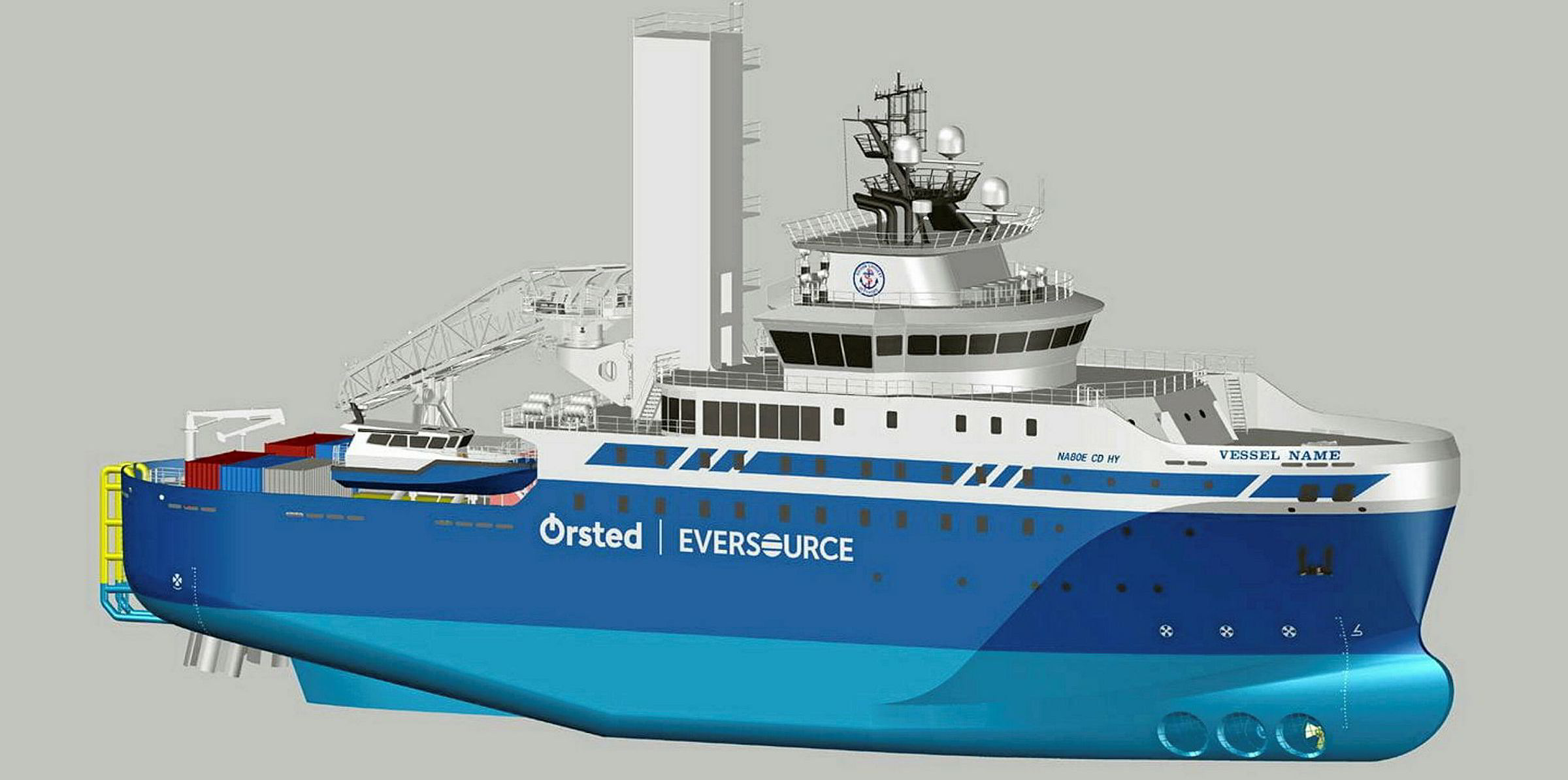Danish owner Esvagt has clinched a five-year extension for a service operation vessel (SOV) with Equinor.
The 84-loa Esvagt Njord (built 2016) has been working at the Norwegian energy major's Dudgeon wind farm off eastern England since 2016.
The new deal will take the ship up to the end of 2026. No rates have been revealed.
"We have a very well-functioning operation on Esvagt Njord, where Esvagt's crew and Equinor's technicians work as one team, co-operating together excellently," said Ib Hansen, the shipowner's head of commercial.
The vessel was the company's third specially built SOV dedicated to offshore wind farms.
It was also the first SOV that Esvagt deployed in the UK, when the contract was originally awarded.
The company now operates seven SOVs in the English, German, Dutch, Belgian and Danish sectors of the North Sea and Baltic Sea.
Two more newbuildings are coming during 2021.
Soren Karas, chief commercial officer, said the company is pleased that a vessel concept from 2016 is so much in demand in 2021.
Strong performance
"When we initially entered into the first contract to service Dudgeon ... in 2016, Esvagt had some experience in offshore wind, but it was still in its infancy," he added.
"Now, through five years of good and productive collaboration, we have documented our competencies with a strong performance. We look forward to building on our close and fruitful partnership with Equinor."
Last June, Esvagt expressed concerns that it will face a labour shortage as Denmark expands its wind farm construction plans.
The government had just approved schemes to add two "energy islands" totalling 5 GW at Bornholm and on an artificial island in the North Sea, as well as a 1 GW offshore wind farm at Hesselo.
The move paved the way for carbon taxes as part of moves to cut emissions by 3.4m tonnes by 2030.
The deal "turbo-charged" the expansion of offshore wind in Denmark, which was good news for the 200 domestic ships operating in the sector, shipowners organisation Danish Shipping said.
The plans could create 85,000 full-time jobs over the next 25 years.







